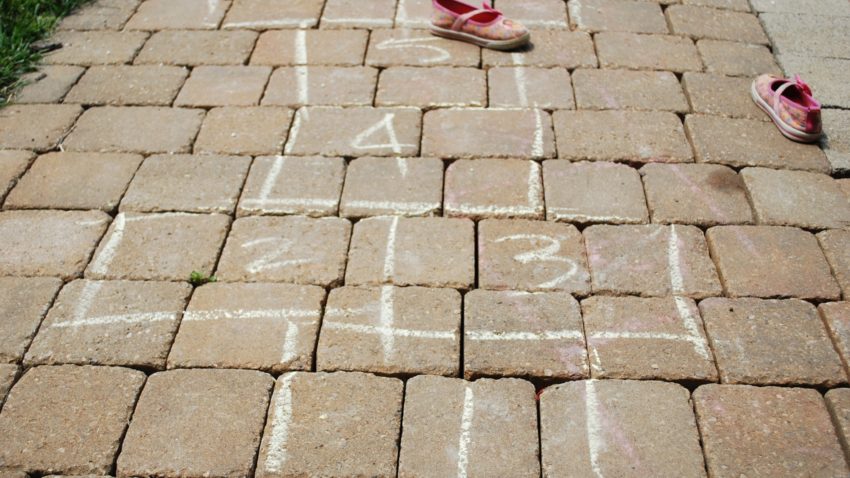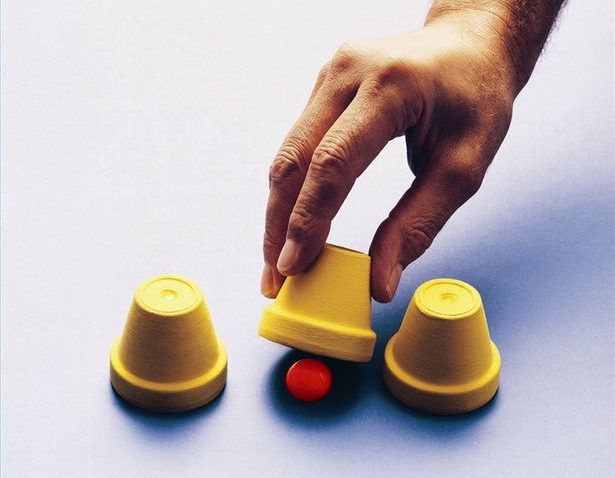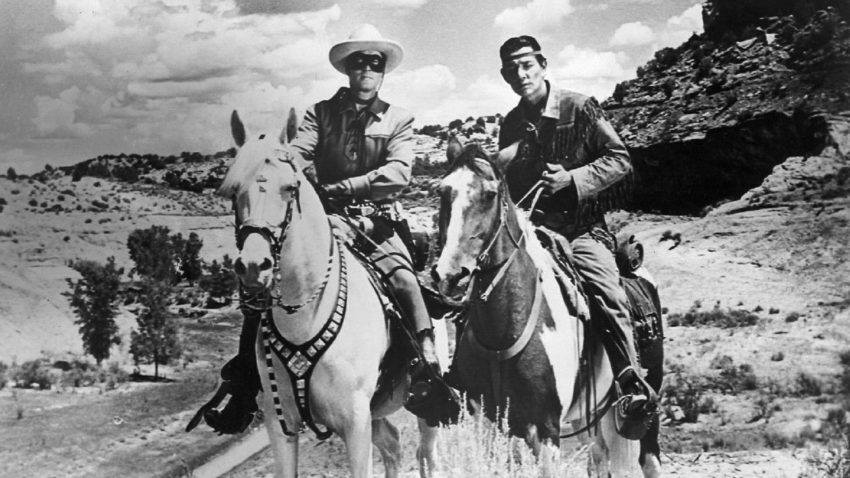
Young entrepreneurs generally seem to be reluctant to consider using debt to help finance their businesses.
The reasons they cite are many. Often, they are concerned that they already have a heavy debt burden due to student loans from college. Others tell me they watched their parents get deep into debt and don’t want to do the same. The requirement to sign personal guarantees for business debt terrifies many young entrepreneurs. More than a few tell me that Dave Ramsey’s anti-debt message shaped their negative perceptions about debt.
When I tell my students that, generally, I prefer debt over equity financing, I see shock on many of their faces.
Bad Debt
There are certainly many instances when taking on debt financing for a business is not a prudent decision.
When I hear of entrepreneurs maxing out credit cards to finance a startup, it sends shivers down my spine. I know that there are countless stories in entrepreneurship magazines about “heroic” entrepreneurs who went tens of thousands of dollars in debt with credit cards to create incredibly successful businesses. But for every successful use of credit cards to launch a business, I have seen dozens who end up with failed businesses and mountains of credit card bills that haunt them for years.
Bankers can tell countless stories of business owners with business models that are no longer competitive seeking loans to keep their failing businesses afloat. Rather than keeping these businesses on life support by continuously pouring money into them, these entrepreneurs need to come to the hard realization that they have come to, what I call, an “Old Yeller” moment. Sad, but true.
Some debt funds short-term needs for cash, while others fund longer term investments in your business. However, sometimes we use debt for the wrong purpose. For example, when I was a young entrepreneur, I used a line of credit to invest in things that were actually tied to growth capital. A line of credit is meant to fund short-term timing issues with cash flow, such as funding inventory purchases or paying for payroll on a project that will be billed upon completion. I used it for hiring staff and adding new space that would take much longer to generate cash flow.
Fortunately, I had a good banker who helped coach me on the proper uses of lines of credit. He also provided us with a long-term term loan to use to fund the investments we needed to make in staff and space to grow our company. I never made that mistake again!
Good Debt
Good debt begins with debt that your business and you can support. This is how bankers make decisions on making loans.
Bankers always look to multiple means of repayment when making business loans. The first source of repaying is a healthy business with more than enough cash flow to fund the debt. The second line of defense to ensure loan repayment is the personal guarantees of business loans by the business owners. If your financial house is not in order, your chances of getting a loan for your business are diminished. Finally, bankers will use assets pledged as collateral to pay off business loans, but only as a last resort.
“Bankers only give loans to people who don’t need it,” is a common refrain I hear from small business owners. The reality is, bankers only give loans to people who they are highly confident can repay those loans. After all, it is our deposits in the bank that they are using to fund loans.
Bankers understand what makes good debt, and you should understand and follow their criteria for using debt.
Use With Caution
The requirement of personal guarantees are a sobering aspect of taking on a loan for your business. Keep in mind, personal guarantees are not only a financial tool used by banks. It is also a psychological tool. If you are not confident enough in your business to personally back the loan, then why should the bank?
Another risk with taking business loans is that although your business might be solidly bankable when a loan is made, times can change. We need to look no further than the thousands of loans that went from safe and solid earlier this year, to being rated as highly at risk for default after pandemic took hold.
When you need to use debt, make it a priority to pay down your business loans as quickly as possibly. Certainly, don’t pay off your loans so aggressively that it hurts your cash flow. However, once you have a good cash position, the next most important goal is to pay off your loans.
The reason I prefer debt to equity is that debt is like a house guest. When you pay it off, it goes away. Equity is like adding a new member to your family. Once you take their money, they are there to stay!








 The first, and most famous face of Adam Smith is that of the economist who first helped us understand the power of free markets in his book,
The first, and most famous face of Adam Smith is that of the economist who first helped us understand the power of free markets in his book, 

